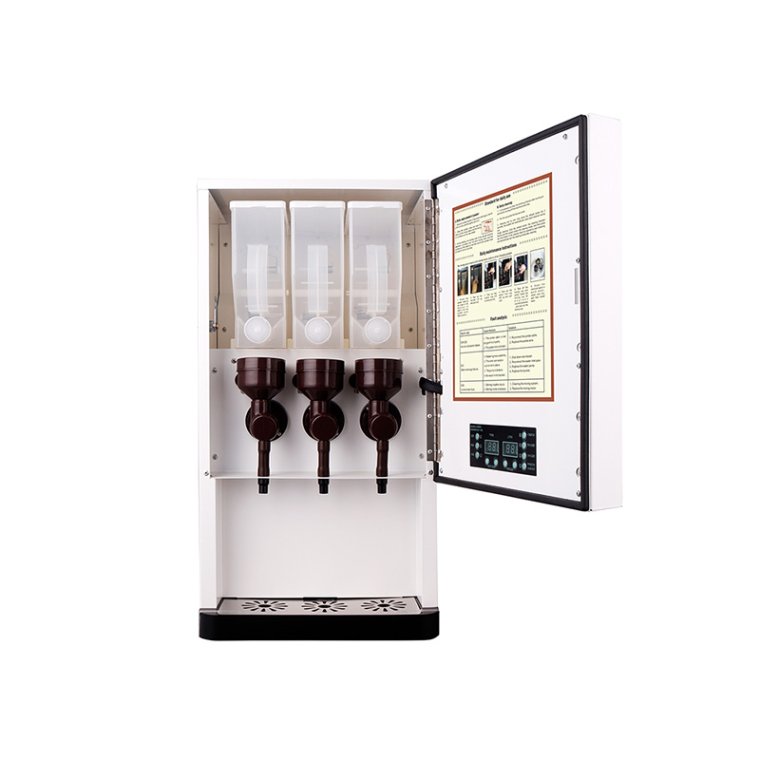In today’s competitive business landscape, understanding your financial health is crucial for success. Many small business owners grapple with the question: How can I do my own accounting for my business? While hiring a professional accountant can be beneficial, managing your own accounting can save money and provide you with a deeper understanding of your business's financial dynamics. This article will guide you through the essential steps and best practices for effective DIY accounting.
- Understanding the Basics of Accounting
Before diving into the practical aspects of accounting, it’s essential to grasp the fundamental concepts. Accounting is the systematic recording, reporting, and analysis of financial transactions. The primary objectives of accounting include:
- Tracking Income and Expenses: Understanding where your money comes from and where it goes.
- Preparing Financial Statements: Creating documents like the balance sheet, income statement, and cash flow statement to assess your business's performance.
- Ensuring Compliance: Adhering to tax regulations and financial reporting standards.
- Setting Up Your Accounting System
To effectively manage your accounting, you need a robust system in place. Here are the steps to set it up:
a. Choose Your Accounting Method
There are two primary accounting methods: cash basis and accrual basis.
- Cash Basis: Revenue and expenses are recorded when cash is exchanged. This method is simpler and often preferred by small businesses.
- Accrual Basis: Revenue and expenses are recorded when they are earned or incurred, regardless of cash flow. This method provides a more accurate picture of your financial health but is more complex.
b. Select Accounting Software
Investing in accounting software can streamline your processes. Popular options include:
- QuickBooks: User-friendly with a variety of features for small businesses.
- Xero: Cloud-based and offers excellent collaboration tools.
- Wave: A free option that’s ideal for freelancers and small businesses.
Choose software that aligns with your business needs and budget.
- Organizing Financial Records
Proper organization of financial records is vital for effective accounting. Here’s how to do it:
a. Create a Chart of Accounts
A chart of accounts is a list of all accounts used in your business's general ledger. It typically includes:
- Assets: Cash, inventory, equipment.
- Liabilities: Loans, accounts payable.
- Equity: Owner’s equity, retained earnings.
- Revenue: Sales, service income.
- Expenses: Rent, utilities, salaries.
b. Maintain Accurate Records
Keep track of all financial transactions, including invoices, receipts, and bank statements. Use digital tools to scan and store documents, ensuring easy access and organization.
- Regularly Monitor Your Financial Performance
To maintain a healthy financial status, regularly review your financial statements. Here’s what to focus on:
a. Income Statement
This statement summarizes your revenues and expenses over a specific period, showing your net profit or loss. Analyze trends in revenue and expenses to identify areas for improvement.
b. Balance Sheet
A balance sheet provides a snapshot of your business’s financial position at a specific point in time. It lists your assets, liabilities, and equity, helping you assess your liquidity and solvency.
c. Cash Flow Statement
This statement tracks the flow of cash in and out of your business. Monitoring cash flow is crucial for ensuring you have enough liquidity to meet obligations.
- Preparing for Tax Season
Tax compliance is a critical aspect of accounting. Here are steps to prepare:
a. Understand Your Tax Obligations
Familiarize yourself with local, state, and federal tax requirements. This includes income tax, sales tax, and payroll tax obligations.
b. Keep Detailed Records
Maintain organized records of all income and expenses throughout the year. This will simplify the tax filing process and help you maximize deductions.
c. Consider Quarterly Estimated Taxes
If you expect to owe more than a certain amount in taxes, consider making quarterly estimated tax payments to avoid penalties.
- Continuous Learning and Improvement
Accounting is an evolving field, and staying informed is essential. Here are ways to enhance your accounting knowledge:
- Online Courses: Platforms like Coursera and Udemy offer courses on accounting principles and software.
- Networking: Join local business groups or online forums to share experiences and learn from others.
- Professional Resources: Subscribe to accounting journals or blogs to stay updated on best practices and regulatory changes.
Conclusion
Doing your own accounting can be a rewarding endeavor that enhances your understanding of your business's financial health. By setting up a solid accounting system, maintaining organized records, and regularly monitoring your financial performance, you can take control of your business finances. While it may seem daunting at first, with the right tools and knowledge, you can successfully manage your accounting and pave the way for your business's growth and success. Remember, continuous learning and adaptation are key to mastering your business finances.



